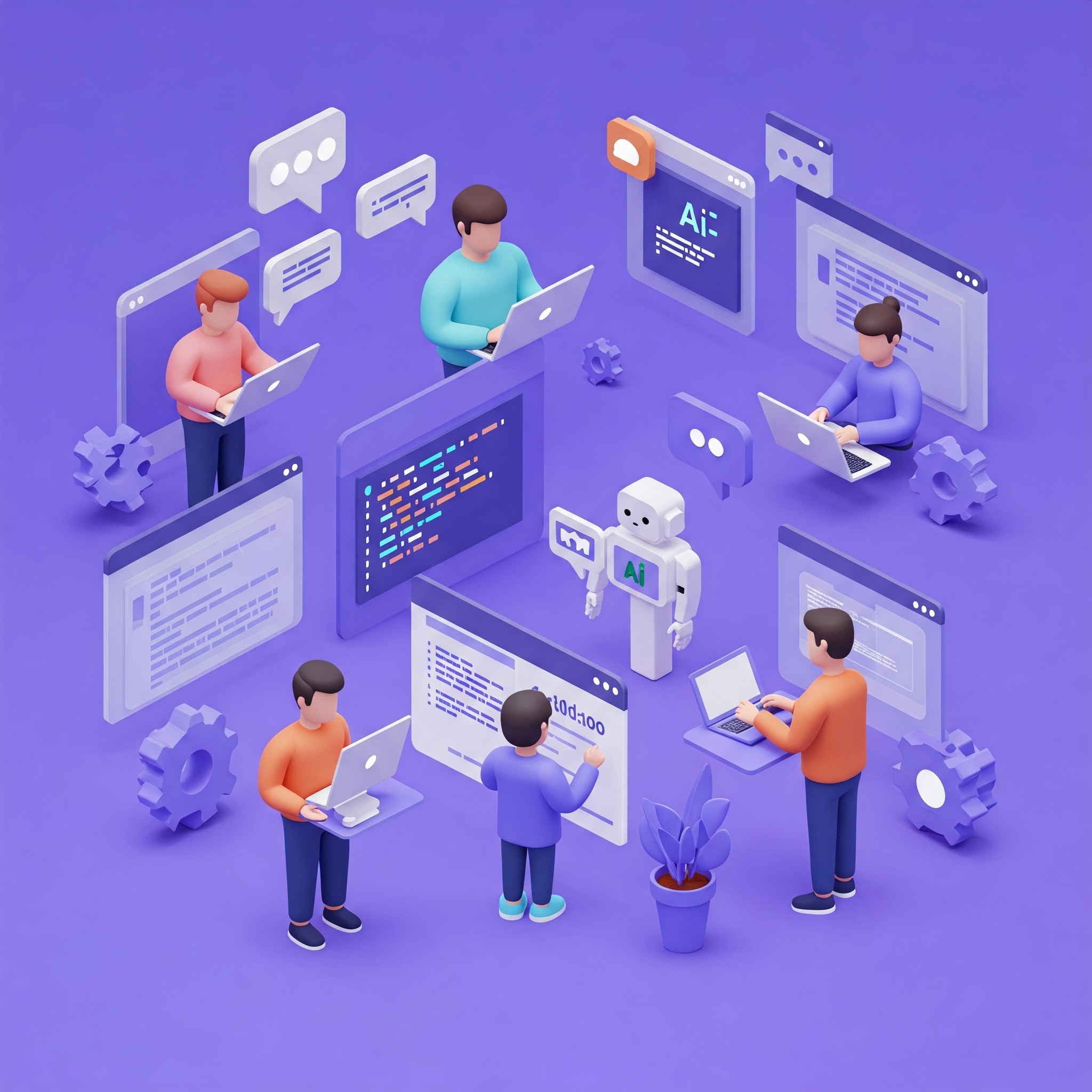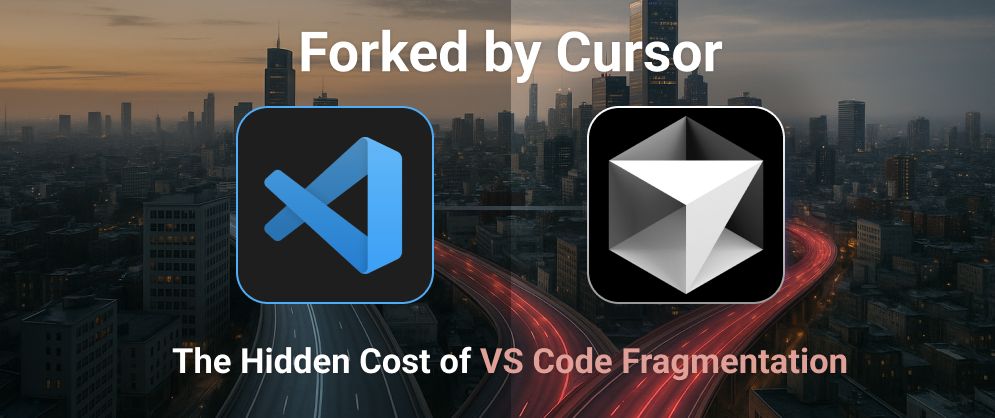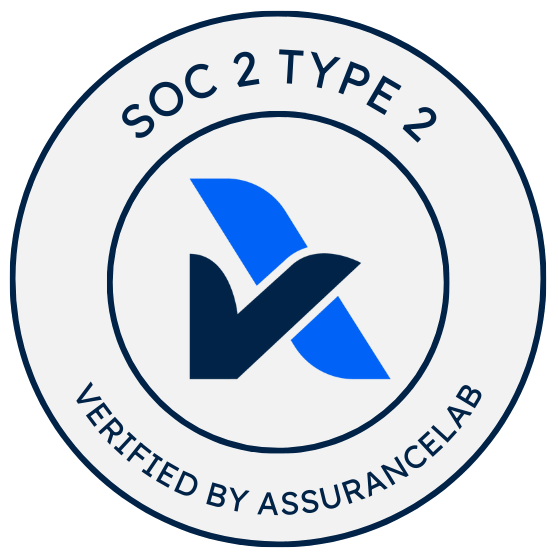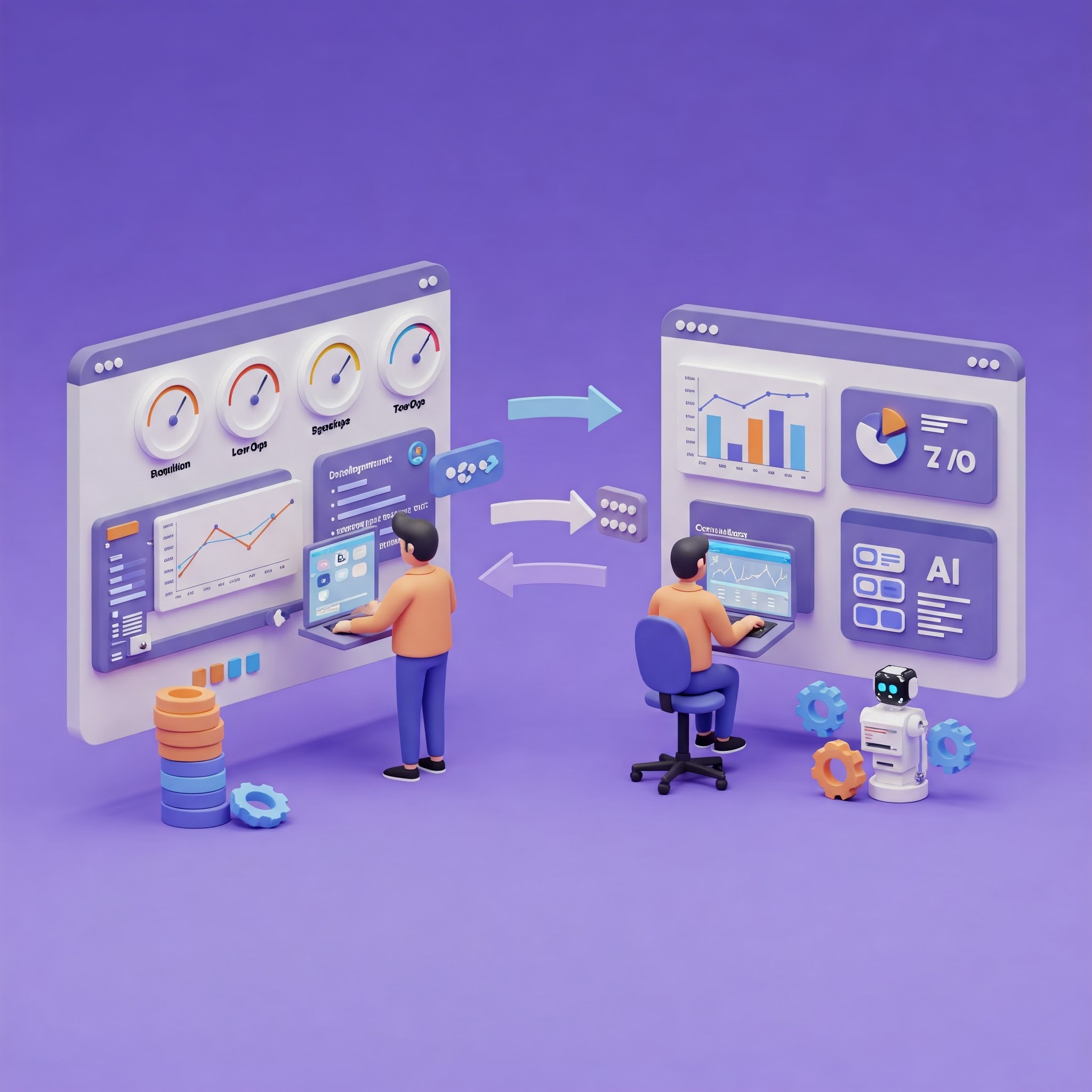
Perplexity Comet, Dia Browser, and Opera Neon: How Agentic Browsers Will Change The Web
The web browser is evolving from a document viewer into an intelligent agent that acts on your behalf. Explore how agentic browsers will transform how we interact with the internet.
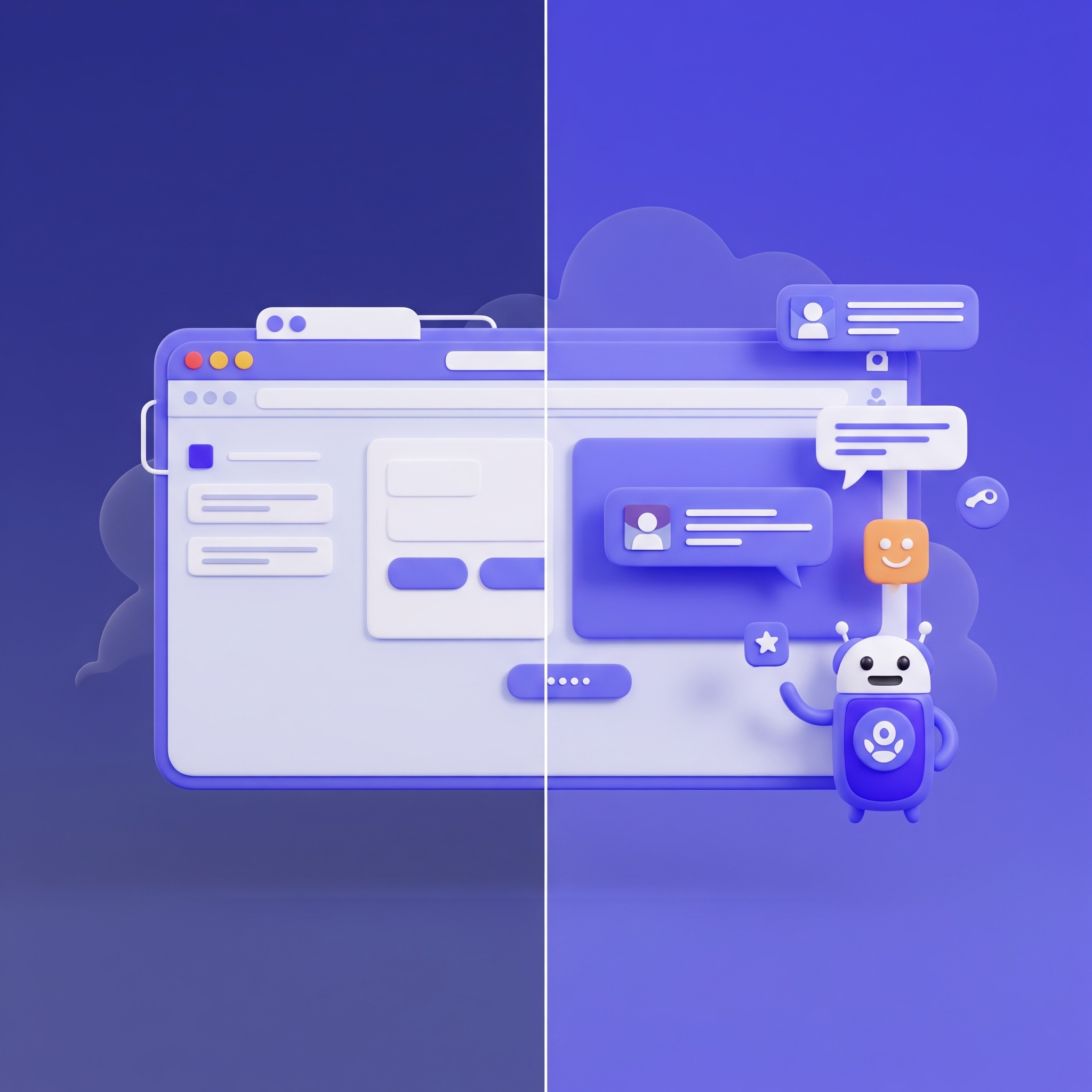
The web browser is evolving from a document viewer into an intelligent agent that acts on your behalf. This shift from passive browsing to active assistance represents one of the most significant changes in how we interact with the internet since the 1990s.
What Is Agentic Browsing?
Agentic browsing transforms your browser from a passive tool into an intelligent assistant that can understand context, perform tasks, and make decisions. Instead of just displaying web pages, agentic browsers use AI to:
- Understand user intent beyond simple keyword searches.
- Perform automated tasks like filling forms, making bookings, and shopping.
- Provide contextual assistance with writing, learning, and research.
- Synthesize information across multiple sources in real-time.
- Adapt to user preferences and work patterns over time.
They serve as intelligent intermediaries between users and the web, capable of reasoning about content and taking action based on natural language commands.
The New Generation of Agentic Browsers
Several companies are leading the charge in reimagining the browser experience:
Opera: From Aria to Neon
Opera’s Aria provides AI-powered tab management and content generation in its existing browser. Opera Neon, by contrast, is a premium, standalone agentic browser designed to “turn user intent into action.” Neon features a native AI that automates web tasks locally for privacy and includes a powerful AI engine that can create reports, code, and even websites from user requests.
The Browser Company’s Dia
Dia, from the creators of the Arc browser, focuses on contextual AI assistance. It acts as a writing partner, learning tutor, planning assistant, and shopping concierge, allowing users to “chat with their tabs” to get information about any open webpage.
Perplexity’s Comet
Positioned as a “thought partner,” Comet aims to transform browsing into active collaboration. It learns user thinking patterns to surface relevant content proactively and can acquire knowledge from one website to apply it to actions on another—for instance, gathering product specs from a manufacturer’s site and using them to complete a purchase on a retailer’s site.
OpenAI’s Potential Entry into the Browser Market
In a significant but still speculative development, OpenAI is reportedly building its own web browser. This move, if confirmed, would be based on the open-source Chromium project and could represent a major challenge to Google Chrome’s dominance. Developing a native solution would allow OpenAI to design the browser architecture specifically for AI-powered features from the ground up. However, unlike the other browsers mentioned, OpenAI has not officially announced this product, so it remains a development to watch.
Use Cases and Benefits
Agentic browsers excel in scenarios where traditional browsing is cumbersome:
- Productivity: Accelerate research by automatically gathering and synthesizing findings from multiple sources.
- Learning: Get real-time explanations of complex topics and see different viewpoints on controversial subjects.
- Commerce: Streamline shopping by comparing products, analyzing reviews, and handling complex bookings automatically.
The Publisher and Advertiser Disruption
The rise of agentic browsers creates a significant disruption to web economics, fundamentally changing how content is consumed and monetized.
A Paradigm Shift for Publishers
Web publishers who rely on page views and on-site engagement are confronting a significant challenge to their business models. Recent data shows the impact is already being felt from existing AI-powered search features.
Traffic Reduction is No Longer Hypothetical:
- AI-Powered Summaries: Agentic browsers and AI search tools provide comprehensive summaries, reducing the need for users to click through to the original source. According to a June 2025 report, some publishers have already seen traffic from Google search fall by as much as 60% since the rollout of its AI Overviews.
- Direct Answers Kill Clicks: Another analysis found that when AI Overviews appear, the first organic link loses an average of 34.5% of its clicks. As users get their questions answered directly on the results page, traditional traffic metrics plummet.
- Adapting to Survive: Publishers are being forced to explore new strategies, such as building paywalls, forming direct partnerships with AI companies, or creating interactive experiences that an AI cannot easily replicate.
Advertising Models Under Pressure
Digital advertising models are also facing fundamental changes, as AI agents may filter out display ads and reduce the “dwell time” that generates impressions. New opportunities may emerge in AI-mediated recommendations and intent-based targeting, but the transition will be challenging.
How Web Design Will Adapt to Agentic Browsing
The rise of agentic browsers will reshape web development. The focus will shift from traditional Search Engine Optimization (SEO) to Agent Optimization.
- Structured Data and APIs: Websites will need machine-readable markup (like Schema.org) and robust APIs to help AI agents understand content and context.
- The UI Density Revolution: Interfaces may become more information-dense. AI agents don’t need large, finger-friendly buttons, allowing for more functionality to be packed into smaller spaces. We may see a rise in hybrid interfaces that can switch between human-friendly and agent-optimized views.
Limitations and Challenges
Despite their promise, agentic browsers face significant hurdles:
- Technical: Real-time AI assistance requires substantial processing power and network connectivity.
- Privacy and Security: Agentic browsers need access to browsing behavior to provide personalized assistance, raising concerns about data collection and security.
- User Experience: Users must adapt to new interaction patterns and learn to trust AI recommendations without becoming over-reliant on them.
Conclusion: Preparing for the Agentic Web
Agentic browsing is not a distant concept—it’s happening now. With real products from Opera, The Browser Company, and Perplexity, the transformation of the web is accelerating.
This transition requires new approaches to web design, a focus on structured data, and a search for sustainable monetization models. As we navigate this shift, the goal must be to enhance human agency, not replace it. The web is becoming more intelligent, and those who adapt will be best positioned for success.
